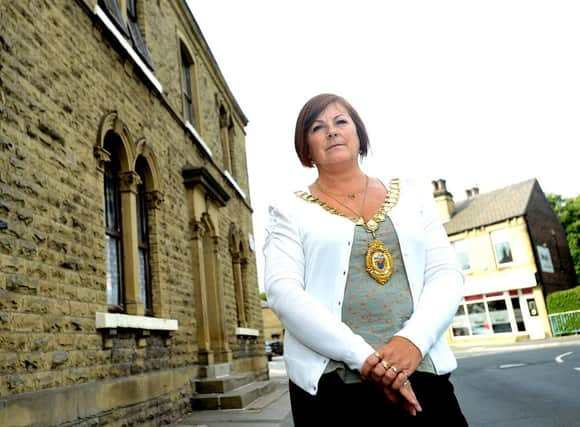‘Vikings’ pillage land


Mirfield town councillors are unhappy that many planning agreements to provide community facilities are not being honoured by developers.
At a meeting of Mirfield Town Council, councillors agreed to send a letter to Kirklees Council insisting it does more to tighten up on developers who renege on the agreements.
Advertisement
Hide AdAdvertisement
Hide AdCoun Kathleen Taylor said in the meeting: “If you have planning permission for a development, you should put up what you say you are going to put up.”
Mayor of Mirfield Coun Vivien Lees-Hamilton added: “Some developers are like Vikings – they pillage the land.”
When granting planning permission for new builds, councils can insert clauses that state developers should pay for new community facilities to offset the effects the development will have on the area.
This is known as a Section 106 agreement.
But councillors say developers often go out of business before they have the chance to pay for the facilities.
Advertisement
Hide AdAdvertisement
Hide AdCoun Martyn Bolt added that money should be set aside from the beginning, citing a development at Butt End Mills off Woodhead Road four years ago when the agreement could not be met.
“Section 106 agreements are farcical,” he added.
“The planning process should allow funding for work at the end of the developments to be put in a fund to protect communities from developers who cease trading.”
The letter will be sent to the chief executive of Kirklees Council and to the director of planning, and will also suggest section 106 money should be ringfenced for the ward it was granted to, rather than spent elsewhere by the council.
Coun Bolt said: “It should be non-transferable and used to benefit the people of that ward. Planning don’t seem to have moved with the times on this, as the money should be area-based.
“It’s about time planning came into the 20th century, if not the 21st.”